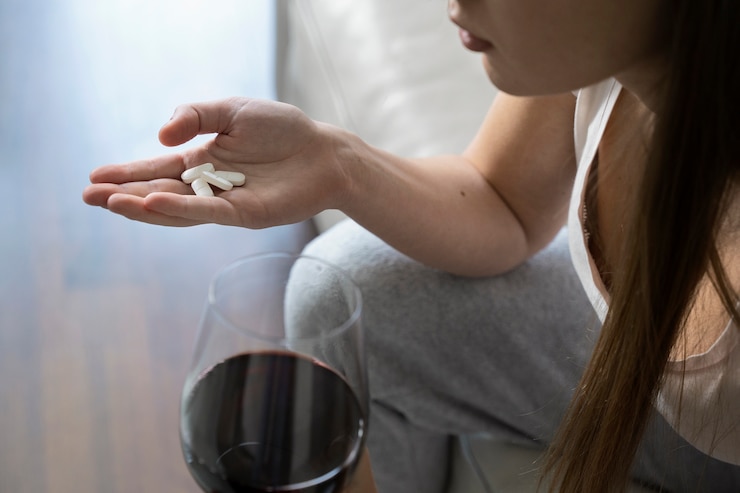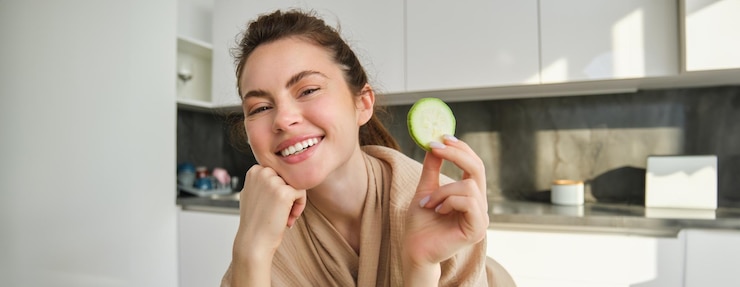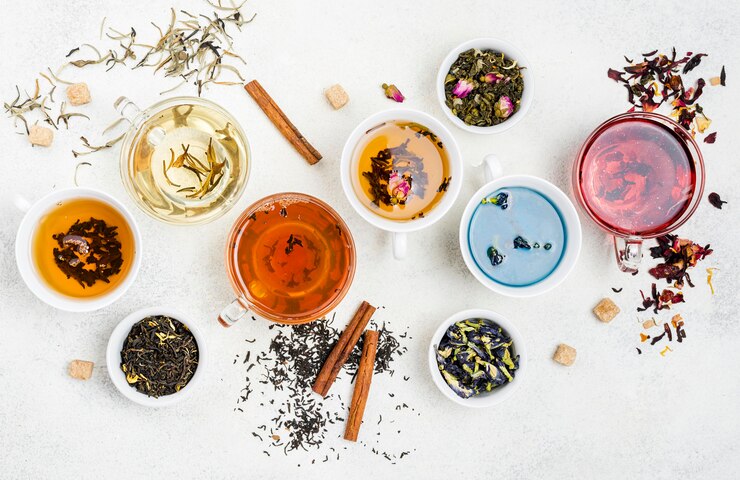
While dealing with rosacea, I did some extensive research on histamine, suspecting it might cause the redness, heat, and inflammation in my face. Although histamine wasn’t the sole culprit—since skin issues often have multiple causes—it was definitely a significant factor. Once I addressed it, my skin improved and the occasional itchiness subsided. However, histamine intolerance isn’t limited to just rosacea.
In this article, I’ll cover everything you need to know about histamine, histamine intolerance, its symptoms, and how to manage it.
**What is Histamine?**
Histamines are chemicals produced by mast cells found in the body and digestive system. They’re often linked with allergies due to their production by the immune system, but histamines also act as neurotransmitters affecting neurological functions, like your sleep-wake cycle. They assist in messaging between cells and regulating inflammation.
Mast cells, which produce histamine, are distributed across the body but are densely located under the skin, near nerves, lymph nodes, blood vessels, in the lungs, and digestive system. This distribution helps explain why histamine intolerance symptoms affect these areas.
**What is Histamine Intolerance?**
Histamine intolerance doesn’t mean you’re allergic or intolerant to histamine itself; rather, it indicates elevated histamine levels causing certain symptoms (which I’ll list later). This happens when mast cells generate histamine in response to stimuli. However, if you’re histamine intolerant, you may lack sufficient diamine oxidase (DAO), an enzyme needed to break down histamine properly.
**Symptoms of Histamine Intolerance**
Since histamine reacts during allergic responses, symptoms associated with allergies might stem from histamine intolerance. One effect of histamine is vasodilation, or the widening of blood vessels, leading to red skin often seen in histamine intolerance. Common symptoms include:
Interestingly, histamine intolerance can also lead to anxiety. As a neurotransmitter, histamine is linked to anxiety symptoms such as insomnia, heart palpitations, panic attacks, and overstimulation. Histamine helps manage stress, so excess levels can activate the nervous system, causing or worsening anxiety symptoms. High histamine can also affect gut health, and because the mind-gut connection is crucial to mental wellness, digestive issues may contribute to anxiety.
**What Causes Histamine Intolerance?**
Histamine intolerance arises from a DAO deficiency, which is needed to clear excess histamine. Various factors can impede the body’s DAO production and ability to manage histamine:
You may have a genetic predisposition to DAO deficiency or take medications that affect its production. Still, you can incorporate foods and supplements to ease symptoms—I’ve listed my favorites below! If you’re on medication, consult your natural healthcare provider before trying new supplements.
**Foods High in Histamines**
While aiming to reduce histamine, you might want to avoid foods high in histamine or those that trigger its release. Here are some examples:
Although this list might seem daunting, remember that many can tolerate small amounts while healing. The goal isn’t to eliminate them forever but to resolve the root cause so you can enjoy most foods without concern.
**Top Foods to Naturally Lower Histamine**
**Stinging Nettles**: Nettles, often consumed as tea, act like antihistamines due to compounds like 5-hydroxytryptamine and acetylcholine, shown to reduce histamine intolerance symptoms.
**Olive Oil**: Rich in anti-inflammatory properties, olive oil contains oleic acid and fatty acids that can boost DAO levels in the blood significantly.
**Onions**: Onions provide quercetin, a natural antihistamine that helps decrease intolerance symptoms. Other foods rich in quercetin include apples, broccoli, and blueberries.
**Pumpkin Seeds**: Packed with plant-based protein, healthy fats, and zinc, these seeds can aid DAO production, reducing histamine intolerance.
**Best Supplements to Help Clear Histamine**
**Quercetin**: This phytonutrient, essential for plant coloring, can inhibit histamine release.
**Vitamin C**: An antioxidant known to alleviate histamine intolerance, Vitamin C assists with histamine metabolism. Due to dietary restrictions, supplements might be preferable.
**Specific Probiotics**: Bacterial overgrowth can cause histamine intolerance, and certain probiotic strains can break down histamines. L. plantarum, L. longum, and Saccharomyces boulardii are beneficial strains.
**Bromelain**: Derived from pineapple stems, it offers anti-inflammatory benefits and can mitigate histamine intolerance symptoms.
**B Vitamins & Zinc**: Particularly B6 and zinc supplements can help manage intolerance symptoms since these nutrients are vital for DAO production.
I hope this information helps you naturally support your body’s histamine levels! If you’re unsure, consider consulting with a certified nutritionist, functional medicine expert, or naturopath for personalized guidance.
—
Interesting, thanks for sharing!
Awesome info, Joy! I have SIBO and IMO malabsorption, so I need help! Thanks, have some rosacea too.
Glad you found it helpful! I hope you find relief soon.
I’m curious about Quercetin—what dosage worked best for you? I just bought the kind you recommend and wonder if one or two tablets were effective for you, and whether you cycled it?
I’d suggest starting with one capsule a day and observing how your body reacts. If there’s no change after a week, consider increasing to two capsules. Hope this helps!


